

Damion Smy
Suzuki Fronx scores one-star ANCAP rating after seatbelt failure
6 Hours Ago

News Editor
The Coronavirus crisis has delayed the launches of many vehicles, but now it’s claimed a new model entirely.
Ford’s luxury brand Lincoln has announced it’s scrapping plans to introduce an electric SUV jointly developed with Rivian, in which Ford has invested US$500 million (A$766 million).
Lincoln told dealers this week they should expect an EV eventually but the planned model has been shelved because of the “current environment”.
In a statement to Automotive News, Lincoln said, “Our strategic commitment to Lincoln, Rivian and electrification remains unchanged and Lincoln’s future plans will include an all-electric vehicle consistent with its Quiet Flight DNA.”
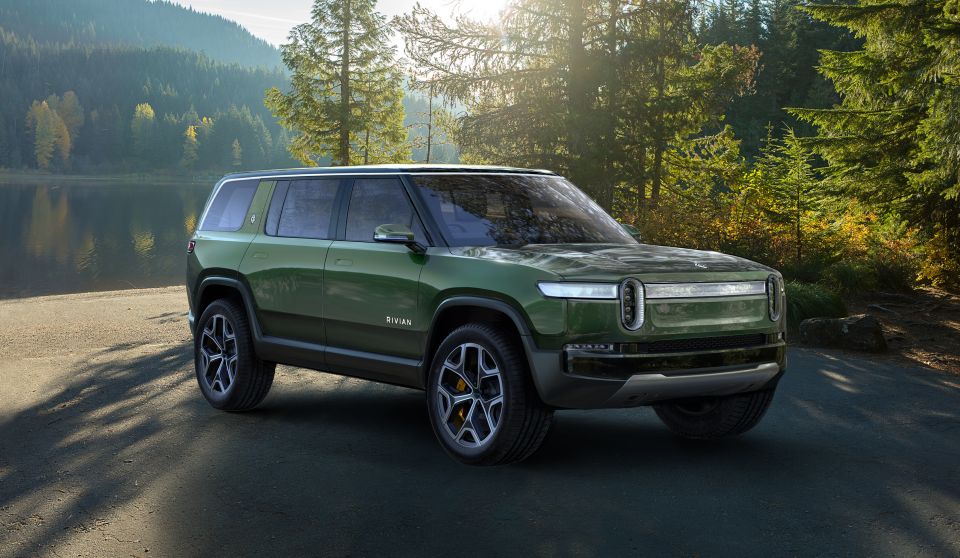
The company also confirmed it would continue to work with the EV startup on an “alternative vehicle” that would use the “skateboard” platform underpinning the Rivian R1T and R1S (above).
The statement invites more questions than it provides answers. We don’t yet know why the Lincoln SUV couldn’t have just been delayed or whether the “alternative vehicle” will be another SUV or something else entirely.
The Lincoln SUV was being developed separately from the Ford Mustang Mach-E, which is an entirely in-house effort.
Little was known about its appearance, size, or positioning but Rivian CEO RJ Scaringe said it would have been “very different” from his company’s R1S SUV.
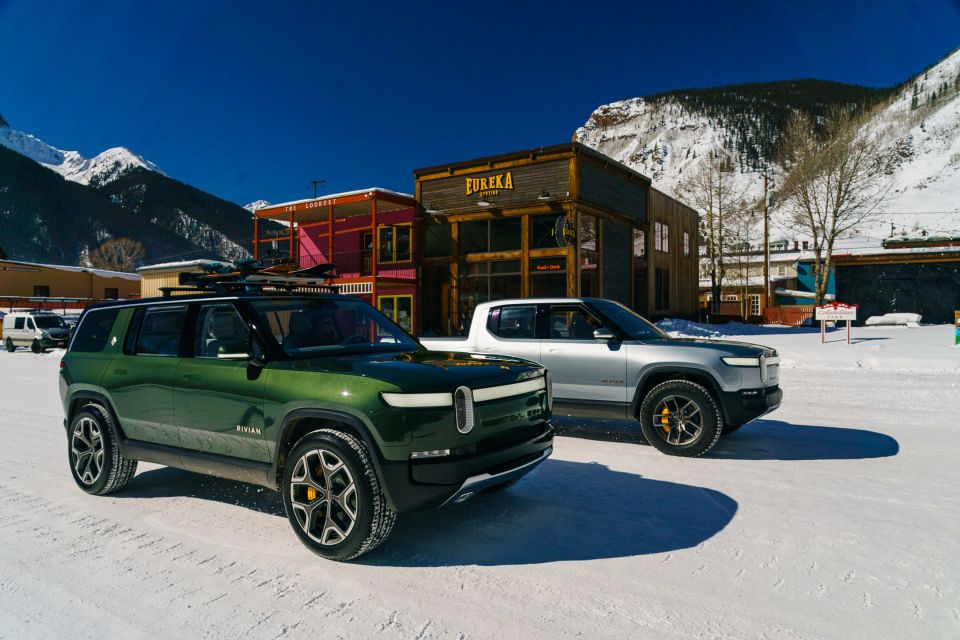
The first deliveries of the R1S and R1T ute were set to begin late this year, but have now been delayed until next year due to COVID-19.
The R1S will offer 105kWh, 135kWh and 180kWh battery packs, with the lowest capacity producing 300kW and 560Nm and achieving a range of over 370km.
The highest-capacity R1S has a claimed driving range of almost 650km while producing 562kW and 1120Nm.
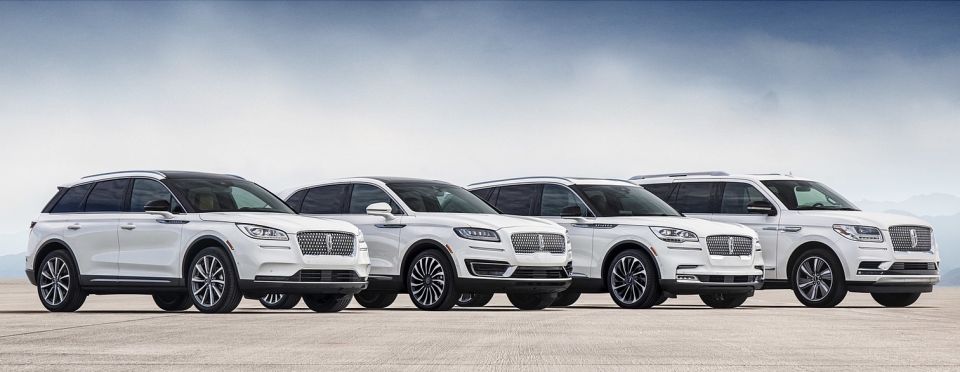
Though Lincoln’s Rivian-based SUV won’t go ahead, the brand is continuing to transition to an SUV-only range while embracing electrification.
The brand originally announced the planned introduction of its EV SUV at the same time it revealed its MKZ sedan would end production after 2020.
The MKZ uses the same platform as the Ford Mondeo and Fusion and is the brand’s entry-level car, slotting underneath the mechanically-related Continental sedan.
For many years, the MKZ was Lincoln’s only hybrid product.
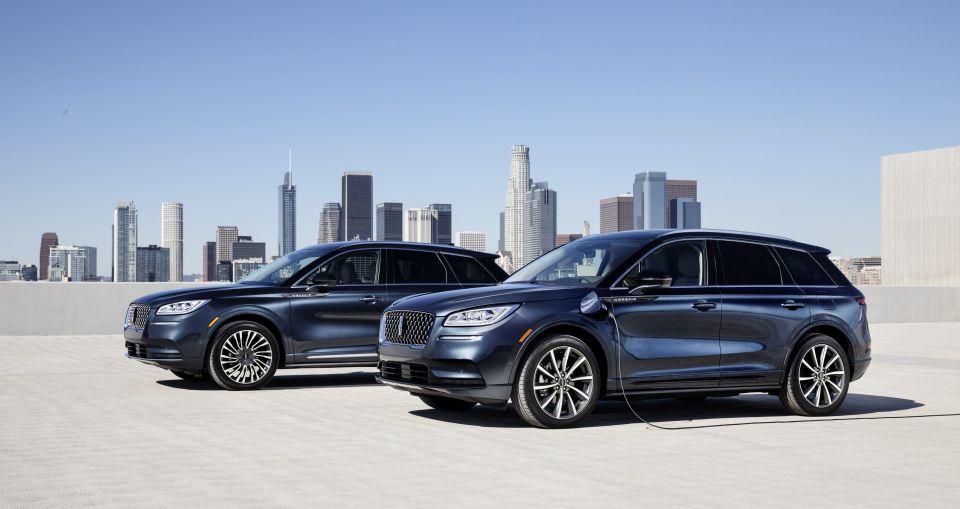
That changed with the announcement of plug-in hybrid variants of the Corsair and Aviator, Lincoln’s rivals for the Audi Q3 and Q7, respectively.
The upcoming Corsair Grand Touring uses a 2.5-litre Atkinson cycle four-cylinder engine mated to a 14.4kWh lithium-ion battery, two electric motors and a continuously-variable transmission.
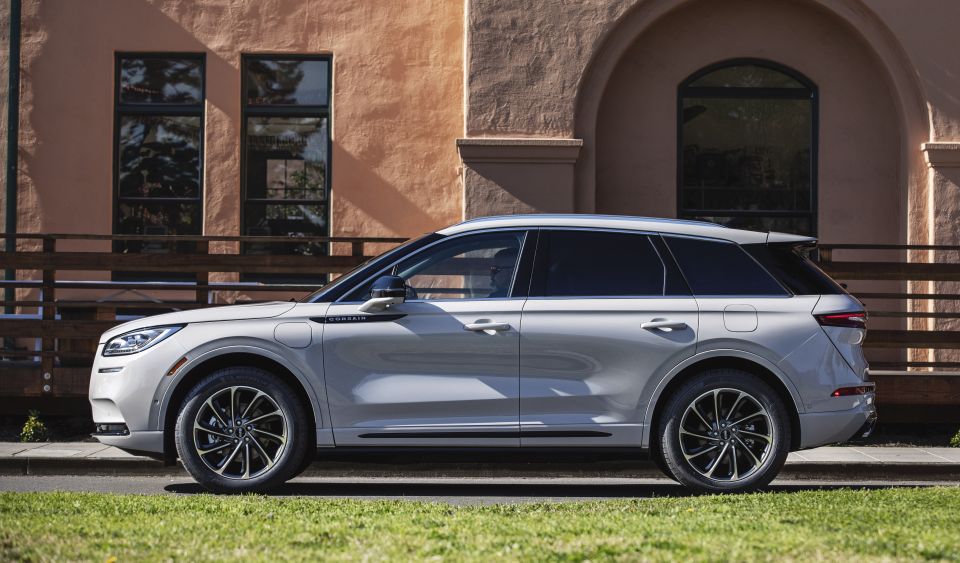
Unlike the new Ford Escape PHEV on which it’s based, the Corsair Grand Touring has all-wheel drive. It also has more power, with a combined system output of 198kW – that’s 31kW more than the Ford.
It has an electric-only range of 40km according to the US EPA.
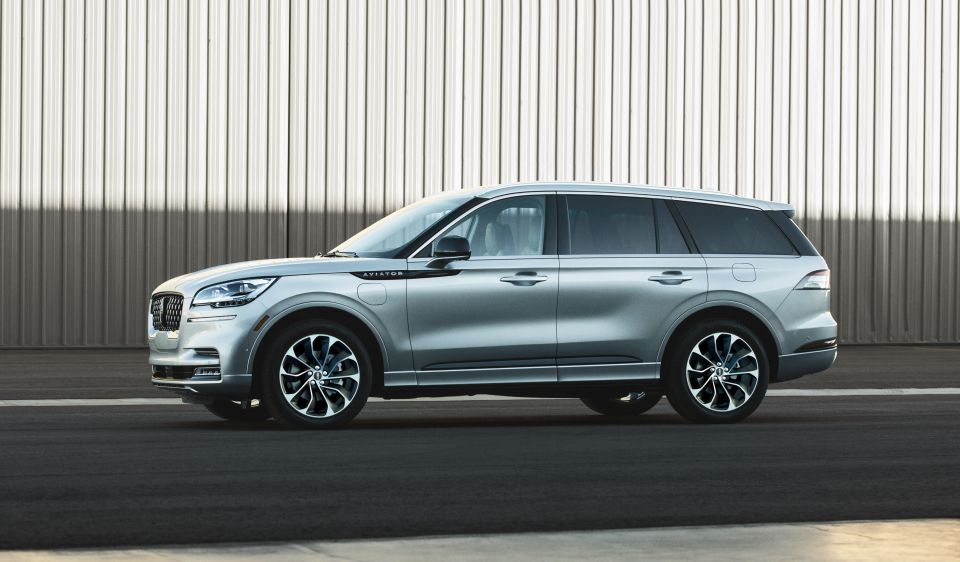
Launched last year, the Lincoln Aviator shares its rear/all-wheel drive CD6 platform with the Ford Explorer.
In Grand Touring guise, it uses a twin-turbocharged 3.0-litre V6 engine mated to a 13.6kWh lithium-ion battery, a 75kWelectric motor and a 10-speed automatic transmission.
Total system output is 368kW and 854Nm – more than a Porsche Cayenne E-Hybrid – and it can travel up to 33km on purely electric power.
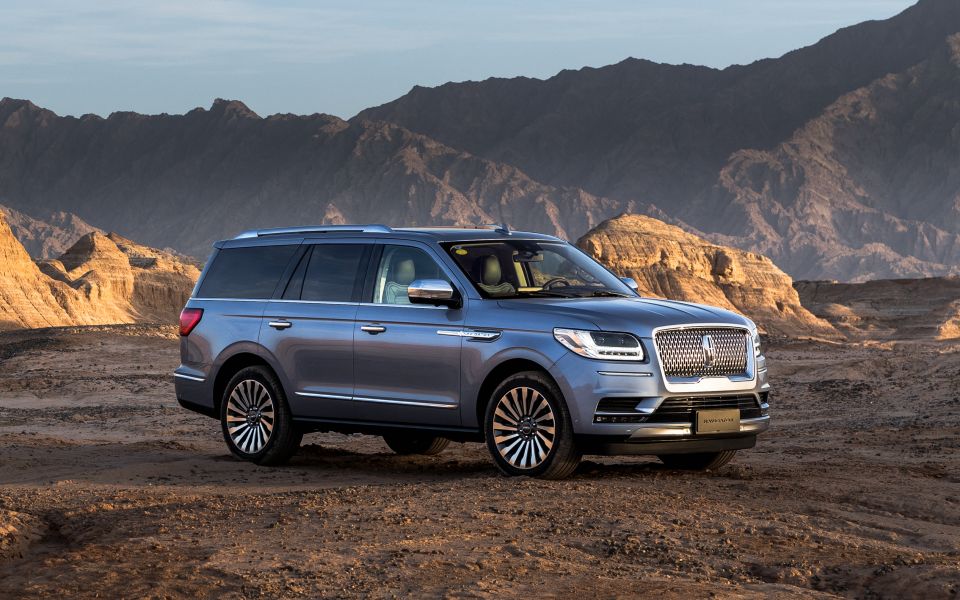
Even the big daddy Navigator is set to get a hybrid version for next year, just like the related Ford Expedition SUV and F-150 pickup.
Once it’s introduced, the only Lincolns without an electrified variant will be the Ford Endura-based Nautilus – formerly known as the MKX and introduced in 2015 – and the Continental.
The latter hasn’t officially been discontinued but its future is less than assured after Ford scrapped its entire Ford-branded passenger car range, bar the Mustang.
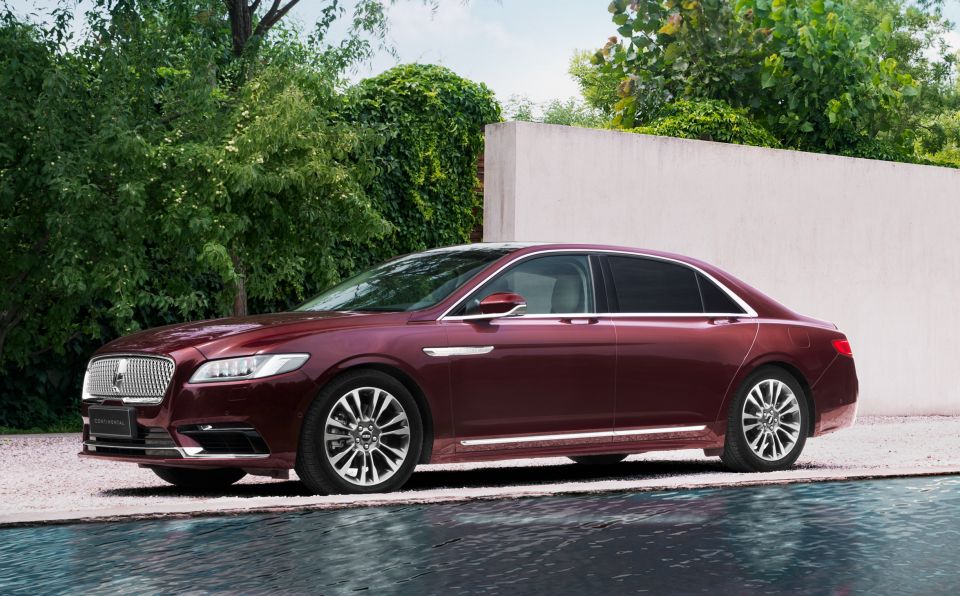
Rumours have also suggested the Continental won’t move to the Aviator’s CD6 platform as was originally planned.
Fresh product and lusher interiors have helped Lincoln go from strength to strength lately after battling for years with a dowdy image and inconsistent positioning.
The brand’s US sales were up 8.32 per cent last year and have increased 35 per cent over the course of a decade.
Lincoln also entered the Chinese market in 2015. This year, it began production of the Corsair at the Changan Ford plant.
Where expert car reviews meet expert car buying – CarExpert gives you trusted advice, personalised service and real savings on your next new car.
William Stopford is an automotive journalist with a passion for mainstream cars, automotive history and overseas auto markets.


Damion Smy
6 Hours Ago
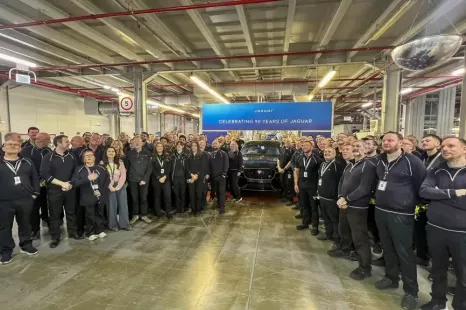

Damion Smy
9 Hours Ago
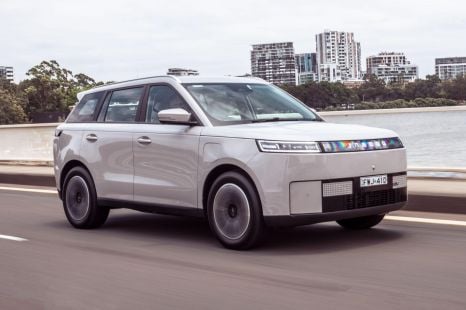

Josh Nevett
11 Hours Ago
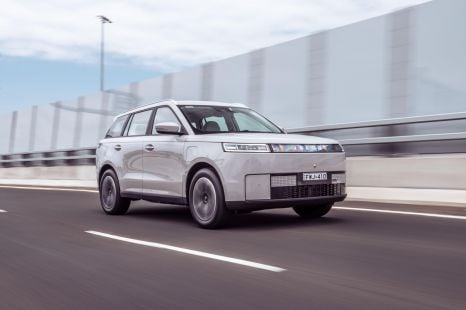

Josh Nevett
11 Hours Ago
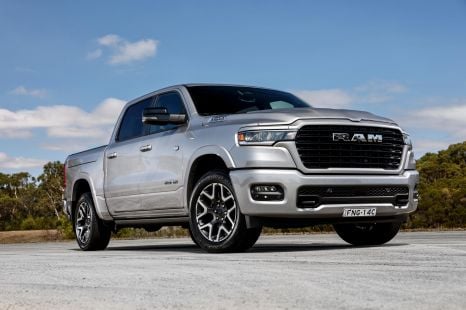

Damion Smy
12 Hours Ago
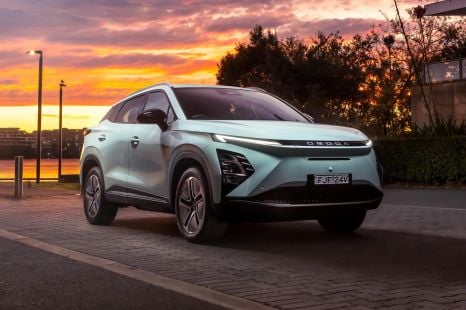

CarExpert.com.au
12 Hours Ago